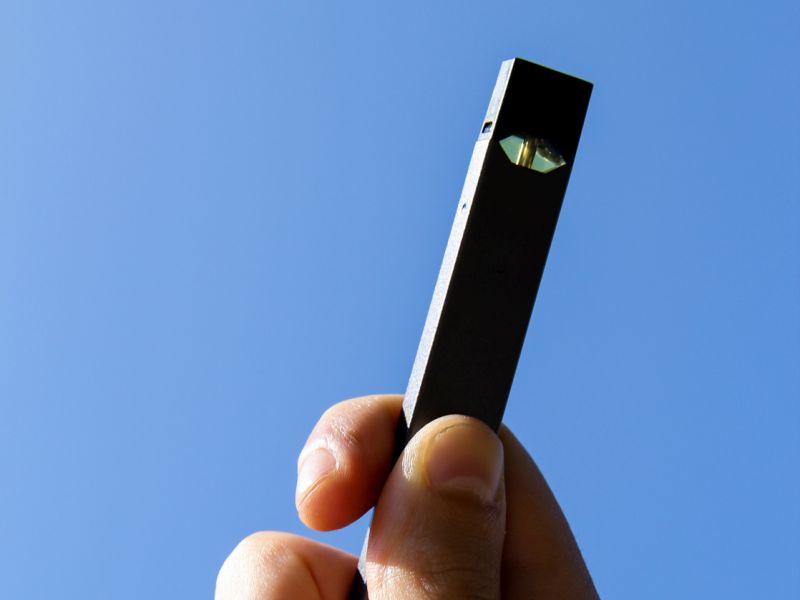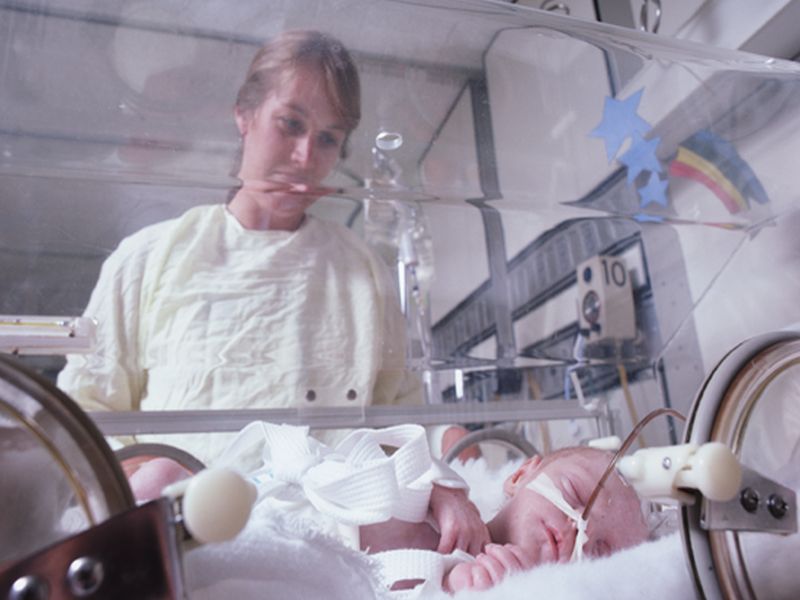
Every day, more than 300 children are treated in emergency rooms for burn-related injuries, says the U.S. Centers for Disease Control and Prevention. To help prevent your child from being burned, the CDC suggests: Install and maintain smoke alarms at home. Supervise children’s use of stoves, ovens and microwaves. Set your water heater’s thermostat to… read on >



























